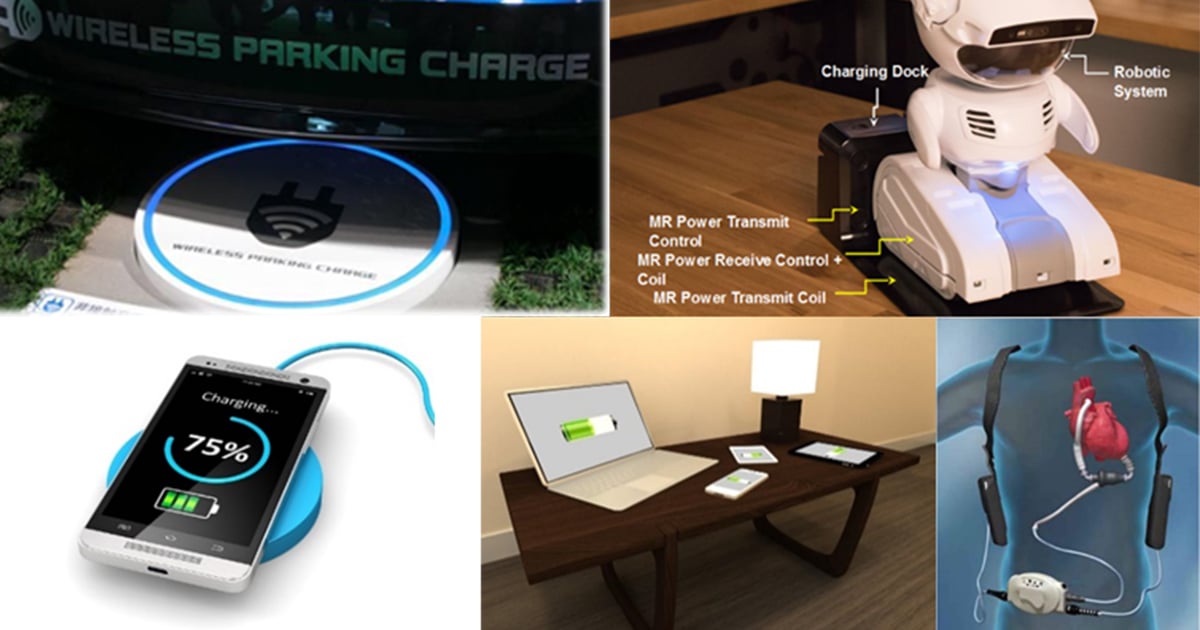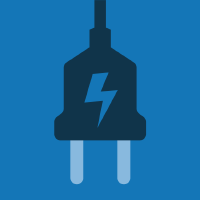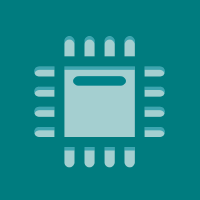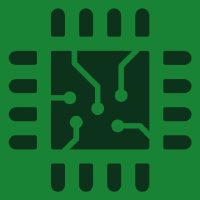Topic Menu
► Topic MenuTopic Editors

Advanced Wireless Charging Technology

Topic Information
Dear Colleagues,
With the improvement of people's pursuit of portability, safety, and reliability, the traditional “plug-in” charging method can no longer meet the needs of people's life. Wireless charging technology refers to a technology that uses corresponding equipment to send and receive inductive AC signals at the sending and receiving ends without the use of electrical wires. The technology has shown wide application prospects in different fields from milliwatts to megawatts and from near-field to far-field. Due to its safety, portability, and reliability, wireless charging has been widely used in some applications, especially for low-power consumer electronic products. However, with the concern on transfer efficiency, misalignment tolerance, charging power adjustment, and thermal reliability, the progress of wireless charging in high-power industrial applications is still slow. In order to advance the application process of wireless charging, the performance on high efficiency, strong misalignment tolerance, and thermal safety need to be further studied, including innovative work on compensation networks, loosely coupled transformers, circuit structures, control methods, thermal modeling, and charging profile optimization. The research goal is to solve the theory and practice problems of high-power wireless charging systems, especially for electric transportation, smart grid, automatic guided vehicles, industrial sensors, and other applications. Topics of interest for publication include, but are not limited to, the following:
- Wireless charging for electric vehicles;
- Wireless charging for industrial sensors;
- Wireless charging for industry vehicles, such as automatic guided vehicles;
- Wireless charging for underwater autonomous vehicles;
- Wireless charging control methodology;
- Dynamic wireless charging;
- Compensation circuit design for wireless charging;
- Magnetic coupler design for wireless charging;
- Thermal modeling and design for wireless charging;
- Optimal charging technology.
Dr. Chong Zhu
Dr. Kailong Liu
Topic Editors
Keywords
- wireless charging
- energy harvesting
- low-power electronic device charging
- high-power electric vehicle charging
- resonant converters
- magnetic design
- thermal modeling and design
- charging power control
Participating Journals
| Journal Name | Impact Factor | CiteScore | Launched Year | First Decision (median) | APC |
|---|---|---|---|---|---|

Applied Sciences
|
2.5 | 5.5 | 2011 | 19.8 Days | CHF 2400 |

Batteries
|
4.8 | 6.6 | 2015 | 18.5 Days | CHF 2700 |

Electricity
|
1.8 | 5.1 | 2020 | 26 Days | CHF 1200 |

Electronics
|
2.6 | 6.1 | 2012 | 16.8 Days | CHF 2400 |

Sensors
|
3.5 | 8.2 | 2001 | 19.7 Days | CHF 2600 |

World Electric Vehicle Journal
|
2.6 | 5.0 | 2007 | 17.6 Days | CHF 1400 |

Technologies
|
3.6 | 8.5 | 2013 | 21.8 Days | CHF 1600 |

Chips
|
- | - | 2022 | 23.3 Days | CHF 1000 |

Preprints.org is a multidisciplinary platform offering a preprint service designed to facilitate the early sharing of your research. It supports and empowers your research journey from the very beginning.
MDPI Topics is collaborating with Preprints.org and has established a direct connection between MDPI journals and the platform. Authors are encouraged to take advantage of this opportunity by posting their preprints at Preprints.org prior to publication:
- Share your research immediately: disseminate your ideas prior to publication and establish priority for your work.
- Safeguard your intellectual contribution: Protect your ideas with a time-stamped preprint that serves as proof of your research timeline.
- Boost visibility and impact: Increase the reach and influence of your research by making it accessible to a global audience.
- Gain early feedback: Receive valuable input and insights from peers before submitting to a journal.
- Ensure broad indexing: Web of Science (Preprint Citation Index), Google Scholar, Crossref, SHARE, PrePubMed, Scilit and Europe PMC.


